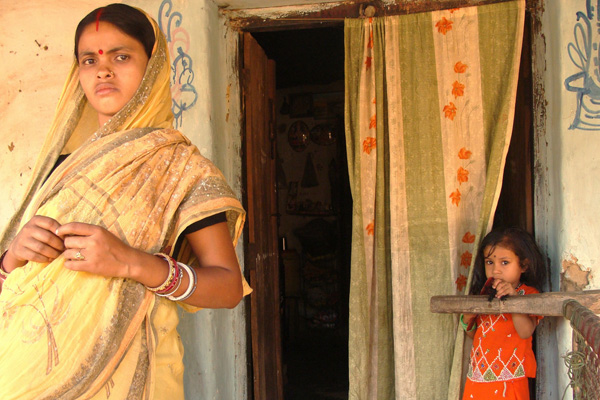
Women with intellectual and developmental disabilities have nearly double the rate of rapid repeat pregnancy: Study
New York, Aug 13 (IBNS): Women with intellectual and developmental disabilities have nearly double the rate of having another baby within a year of delivering compared to those without such disabilities, according to a new study by researchers at the Institute for Clinical Evaluative Sciences (ICES).
The study, published in CMAJ, found that among women with intellectual and developmental disabilities who became pregnant, 7.6 per cent had another baby within a year, compared to a 3.9 per cent chance for women without these disabilities.
Rapid repeat pregnancy within 12 months of a live birth is associated with poor pregnancy outcomes, such as stillbirth and preterm delivery, and is also an indication of suboptimal access to effective reproductive health care, including contraception.
“Women with intellectual and developmental disabilities are more likely than those without such disabilities to be young and disadvantaged in each marker of social, health, and healthcare disparities. They experience high rates of poverty and chronic physical and mental illness, and have poor access to primary care,” says Hilary Brown, an adjunct scientist at ICES and lead author of the study.
Intellectual and developmental disabilities affect one in 100 adults and are characterized by cognitive limitations and problems with social and practical skills. Some diagnoses include Down syndrome, fetal alcohol syndrome, and autism, but many people with intellectual and developmental disabilities have non-specific diagnoses with unknown causes.
The researchers evaluated the risk for a rapid repeat pregnancy within 12 months of a live birth in 2,855 women with and 923,367 women without intellectual and developmental disabilities, before and after accounting for demographic, social, health, and health care factors that could explain differences between the two groups.
The researchers found that the difference in risk remained elevated after taking demographics into account. The social, health, and health care disparities experienced by women with intellectual and developmental disabilities explains this difference in risk, illustrating that approaches that address marginalization in this population of women are needed to improve their reproductive health.
“This study shows that current efforts to promote reproductive health might not be reaching women with intellectual and developmental disabilities and that there is a lot more we can do to educate and support these women in relation to pregnancy planning and contraception,” adds Brown.
Support Our Journalism
We cannot do without you.. your contribution supports unbiased journalism
IBNS is not driven by any ism- not wokeism, not racism, not skewed secularism, not hyper right-wing or left liberal ideals, nor by any hardline religious beliefs or hyper nationalism. We want to serve you good old objective news, as they are. We do not judge or preach. We let people decide for themselves. We only try to present factual and well-sourced news.







